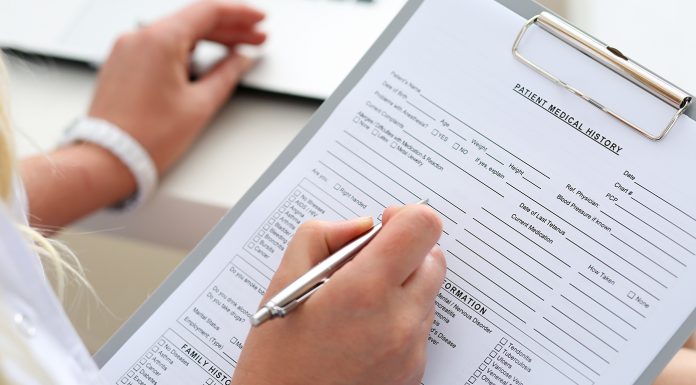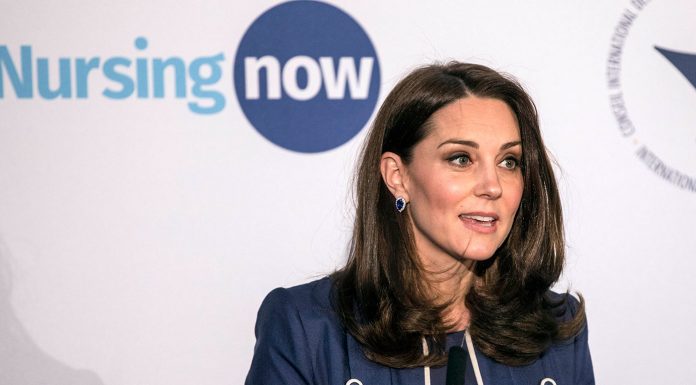The social investment mental health funding announced in the Budget is to be split between 17 initiatives and pilots.
Details of the proposed initiatives was announced yesterday by the government. The largest share of the $100 million funding over four years is to go to supporting primary and community mental health care ($25 million over four years) with the bulk of that ($5 million a year) going to workforce training initatives including CBT training for nurses and other health professionals.
The next biggest investment announced would be in piloting frontline mental health provision in schools and other school initiatives ($11 million over four years), followed by three e-therapy and telehealth/distance therapy initiatives which will get $10m over four years.
Health Minister Jonathan Coleman in announcing details of the package acknowledged the increased in demand for mental health and addiction services and said the initiatives being invested in were designed to “improve access to effective and responsive mental health services, while at the same time starting to shift our focus towards prevention, early intervention and resilience-building.”
The Public Service Association, whose membership includes mental health nurses and other mental health workers said the social investment approach failed to address the key issue of underfunding of the health sector or to address growing demand and cost pressures in the mental health system.
The initiatives proposed include:
Expanding primary & community mental health and addiction care ($25 million over four years)
- Offering Cognitive Behavoural Therapy (CBT) to about 250 nurses, social workers and other health professionals.
- Training about 250 youth peer support workers, 125 community care workers and 13 more clinical psychology intern positions
- Expanding access to youth one-stop shop (YOSS) and Child and Adolescent Mental Health Services
Schools package ($19 million over four years)
- Piloting frontline mental health services in selected schools using screening by social nurses, social workers or counsellors with back-up support by a mental health practitioner ($11 million over four years)
- School-based programmes to improve young people’s self-control and resilience ($8 million over four years)
- A pilot of using the electronic HEEADSSS (home, education/employment, eating, activities, drugs, sexuality, suicide and depression, and safety from injury and violence) assessment tool with approximately 4000 young people a year focusing on School Based Health Service secondary schools and Youth One-Stop Shop settings.
Distance and e-therapy initiatives ($10 million over four years)
- Enhanced e-therapy options for pre-teens to young adults (like SPARX)
- Access to e-therapy for young prisoners
- Designing and piloting telehealth distance therapy initiatives for adolescents to adults
Other Initiatives
- Piloting initiatives for follow-up support for people who attempt suicide ($5 million over four years)
- Designing and implementing a multi-agency ‘co-response’ service in two large cities and one provincial town for people who ring 111 requiring a mental health response ($8 million over four years)






















